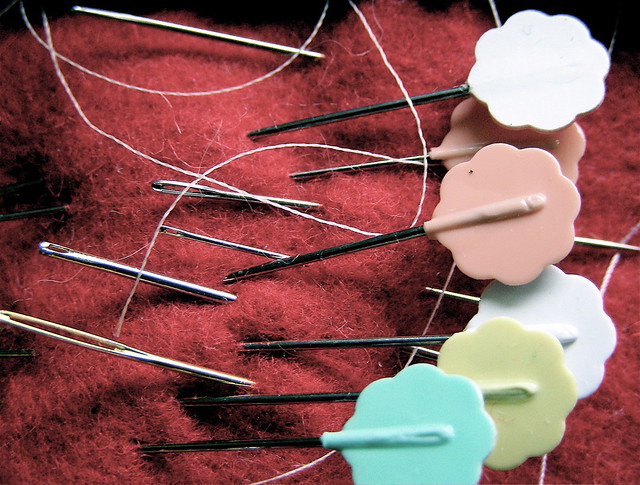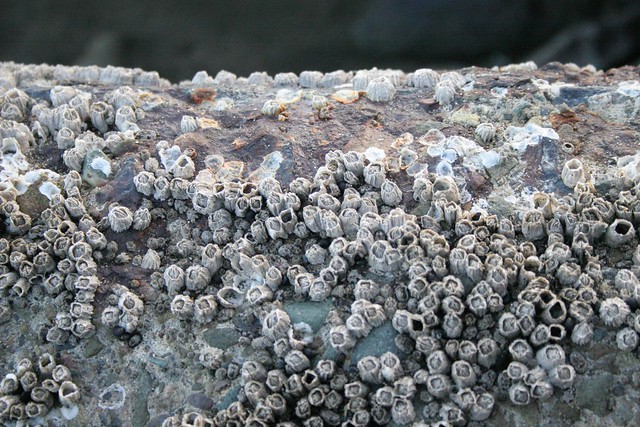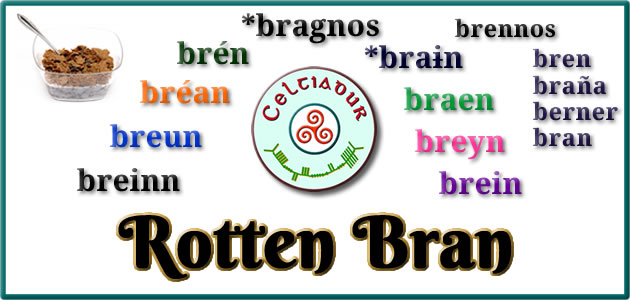Podcast: Play in new window | Download
In this episode we find Romance horns among Celtic peaks and mountains.
In Proto-Celtic, the word *bandā means top, peak or horn, and *benno means peak or top. They are thought to be related, and possibly come from the PIE *bendʰ- (pin, point).
Related words in the modern Celtic languages include:
- beann = horn, antler or fork prong in Irish
- beann [bjaun̪ˠ] = horn, peak or top; and beinn [bein̪ʲ] = mountain or high hill in Scottish Gaelic
- beinn = mountain, summit or pinnacle in Manx
- ban [ban] = top, tip, summit or peak in Welsh
- ban = prominence in Cornish
- bann = rising, uphill, post or column in Breton
Words from the same Celtic roots include ben (mountain, hill) in Scots, as in Ben Nevis (Beinn Nibheis), etc, banya (horn) and banyut (horned, unfaithful) in Catalan, and bana (horn) in Occitan [source].
Words same PIE roots include peak and pin in English, pinne (chopstick, perch, point) in Swedish, pind (stick, perch, peg) in Danish, and pin (peg, pin) in Dutch [source].
More about words for Peaks and related things in Celtic languages.
You can find more connections between Celtic languages on the Celtiadur blog. I also write about words, etymology and other language-related topics on the Omniglot Blog.
Radio Omniglot podcasts are brought to you in association with Blubrry Podcast Hosting, a great place to host your podcasts. Get your first month free with the promo code omniglot.













